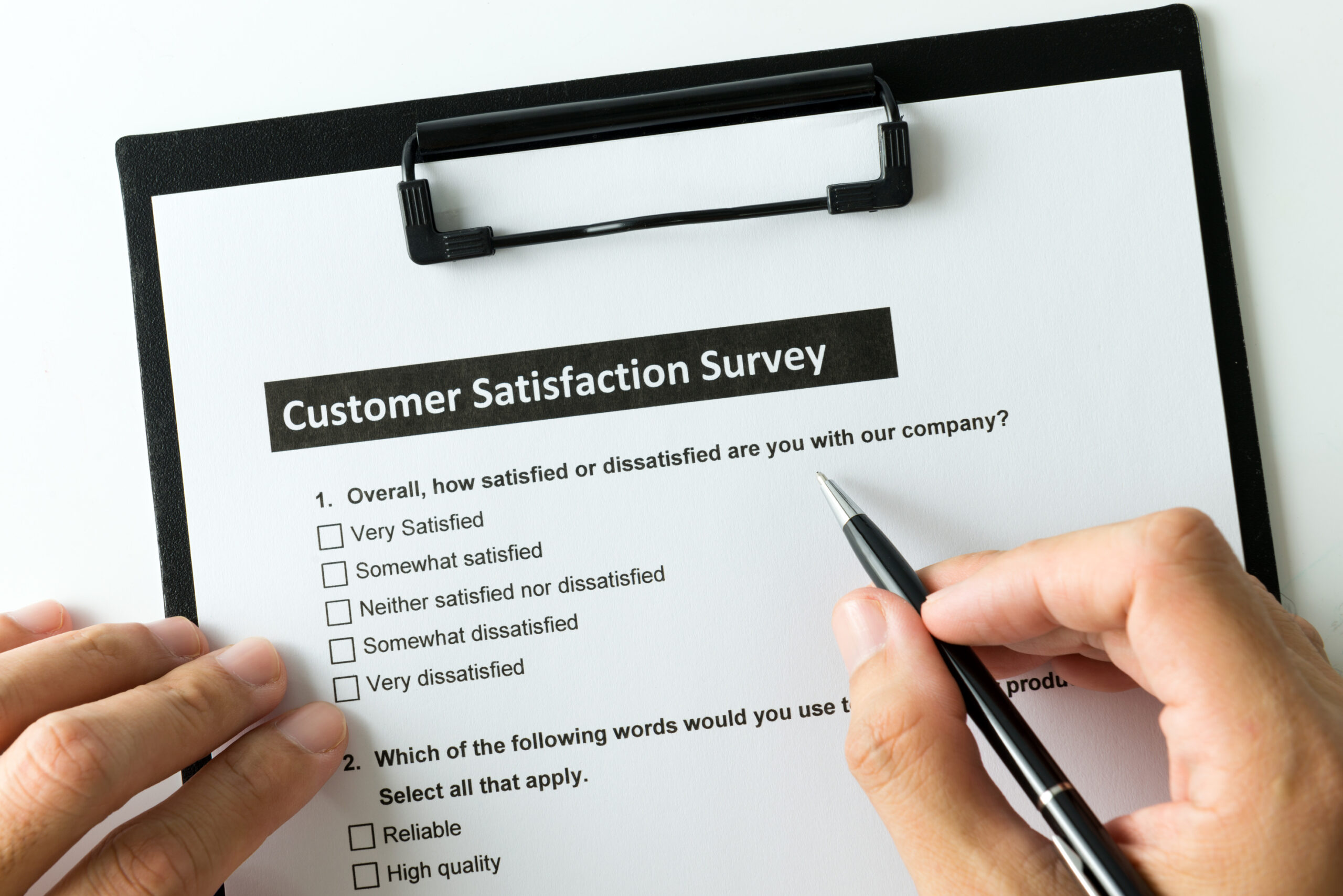As we post this blog, our industry is celebrating CX Day 2018 and gathering at the Forrester CX Forum in San Francisco. These events will surely cause many CX Professionals to reflect on the value that CX measurement brings to the business – but really, we should always be challenging ourselves to be up to date and provide our companies with CX advantages.
To help you reflect – we’ve listed some questions we pose to CX professionals that approach us weary that they may have outgrown their existing CX measurement programs. These questions will also help those new to CX measurement build a system that will make an immediate impact and be ready for future CX development.
We’ve categorized our questions into 3 areas:
- Tracking – The pipeline of customer feedback
- Empowerment – The distribution of CX insight to the business
- Optimization – The prioritization of CX investments for revenue and profit
Here’s the list:
Tracking
Is CX measurement eroding experience?
Poorly designed CX surveys (i.e. ones that are long, not mobile optimized, or have poor UX) could be doing harm while trying to do good.
Are you validating survey insight?
Customer surveys are a core component to structure customer feedback for reliable insight – but customer, operational, and social media data (to name a few) are necessary to validate survey insight.
Are you getting feedback at the right frequency?
CX programs should be producing a continuous stream of feedback to align with the data rivers that exist in the organization (e.g. sales and operations).
Are you bringing in the right context?
Many CX surveys have focused too heavily on operational touchpoints and lost sight of the overall customer relationship and understanding of the customer’s relationship with your competitors.
Empowerment
Are you empowering employees to improve CX?
79% of CX Professionals surveyed by Forrester state that CX Metrics don’t help employees improve CX. Successful measurement analytics predict and communicate the actions that will lead to greatest financial return, not just improvements in KPIs.
Does your program reach everyone it could?
Because of the trend toward operational CX – many programs are focused on service recovery and are missing opportunities to inform strategic planning with senior management, marketing and other groups.
Are you enabling tactical action?
Don’t get us wrong based on the questions above – dashboards and closed loop feedback systems are key components of a CX program. If you’re not using them – you should be. Just don’t stop there.
Are you speaking the right language?
Improving NPS or C-SAT will get the attention of executives and front-line, but when the goal is hit the music stops. Financial metrics are evergreen in business – so you should know and communicate the financial impact of CX.
Optimization
Are you identifying the moments that matter most?
Smart survey design and advanced analytics will help you to identify the moments that drive customer’s experience perceptions.
Do you know how to make customers happy and make money?
A common weakness in CX measurement is that analytic models work in a silo of customer feedback. Analytic models should incorporate sales data to identify the opportunities that improve experience and sales simultaneously.
Are you winning in local markets?
Geo-location and competitor data are increasingly available. CX measurement programs that take advantage of it can tell the business what makes customers pass one store for the next. Understanding these customer “detours” can make or break individual stores.
Can you quantify the financial-value of hello?
By connecting financial performance with customer data on service interactions, you can identify the service standards that are creating value and those that are not.
We hope these questions helped you to reflect on the value of your CX program. In fact, we’d love to hear about your reflections and perhaps help you think through them. Contact us if you’re interested in connecting.

